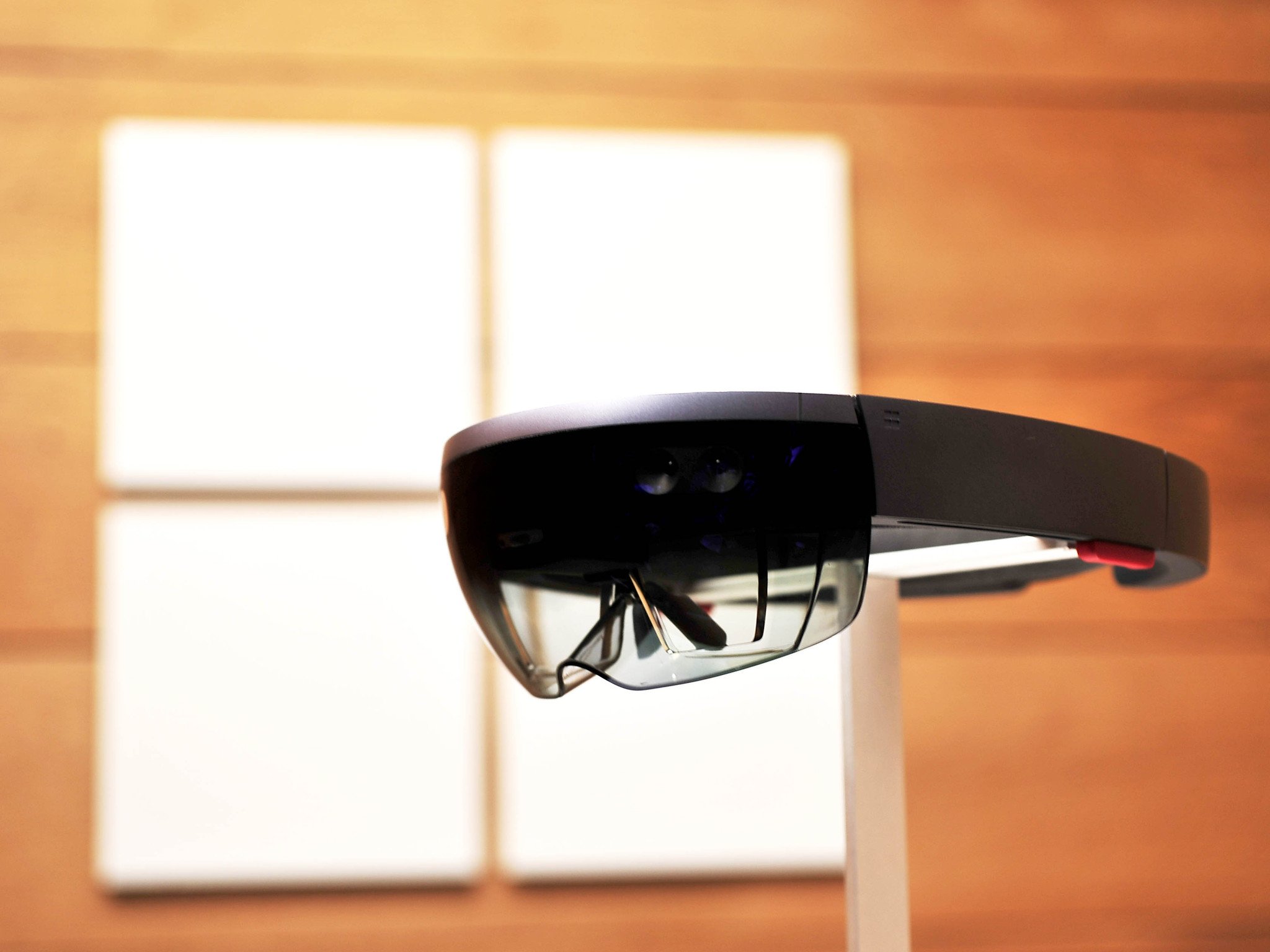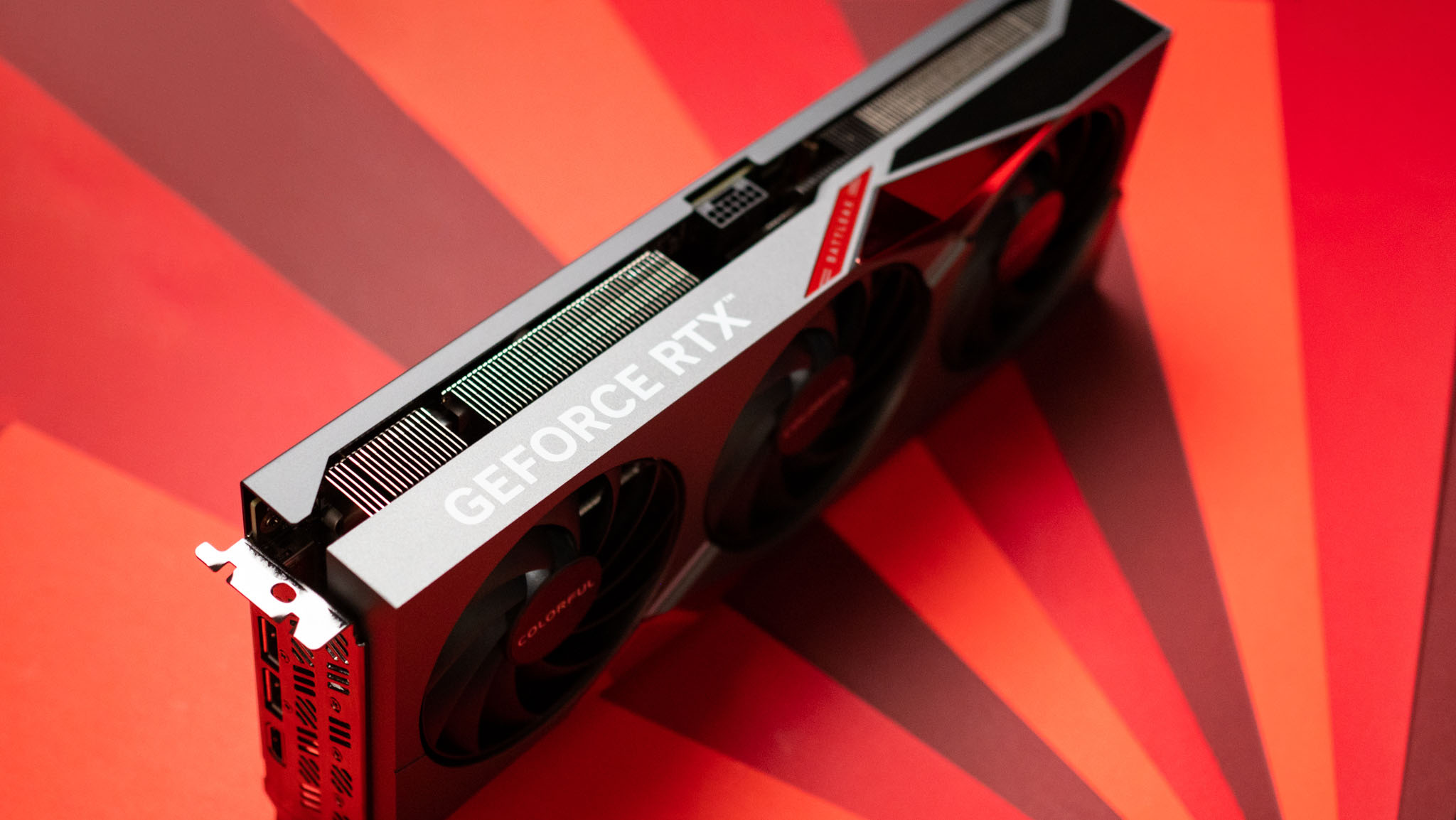Decade in review: 12 stories that changed Microsoft, Windows and Xbox forever in the 2010s
Microsoft saw many momentous developments during the past decade. These are the events, changes and announcements that were most impactful for the company, Windows, and Xbox in the 2010s.
January 2015: Microsoft reveals HoloLens

Few hardware announcements shock the world as much as HoloLens did in 2015. Revealed during the Windows 10: The next chapter event in New York City, the creator of HoloLens Alex Kipman took the stage and blew everyone away. Sure, the world had heard of holographic computing, and there was talk someday it could happen. On that winter Wednesday, Microsoft astounded the audience by not only demoing a wearable holographic computer but announced it was going on sale in early 2016. This thing wasn't a concept. It was real.
TIME Magazine even named HoloLens gadget of the year.
In hindsight, Microsoft wasn't too clear on the objective of HoloLens – gaming, work, just for fun? But that was something it would figure out along the way. Eventually, HoloLens became a tool for developers, and soon major companies were trialing potential use cases for work environments. While consumers were wondering if one would ever go on sale, Microsoft was putting HoloLens to work, eventually nailing military contracts worth hundreds of millions.
Four years later, Microsoft announced HoloLens 2. It then went on sale just nine months later. It's a dramatic shift in comfort, features, and usability, including letting companies custom design the headset for various jobs.
While the mainstream angle for HoloLens is still being kicked down the road, so far, Microsoft has handled HoloLens skillfully by avoiding the finicky consumer market. It's clear that Microsoft is taking its time and moving cautiously towards a holographic future. Microsoft now has the most advanced wearable PC in the world running Windows 10, and this effort sets the groundwork for the next decade, where holographic computing could be something you wear every day (at least at work).
Get the Windows Central Newsletter
All the latest news, reviews, and guides for Windows and Xbox diehards.
Home to the most invested and passionate Microsoft fans, Windows Central is the next generation destination for news, reviews, advice and buying recommendations on the Windows, PC and Xbox ecosystems, following all products, apps, software, AI advancements, and accessories. We've been around for more than decade, and we take our jobs seriously. Windows Central writers and editors value accuracy and editorial independence in everything we do, never receiving compensation for coverage and never pulling punches.

